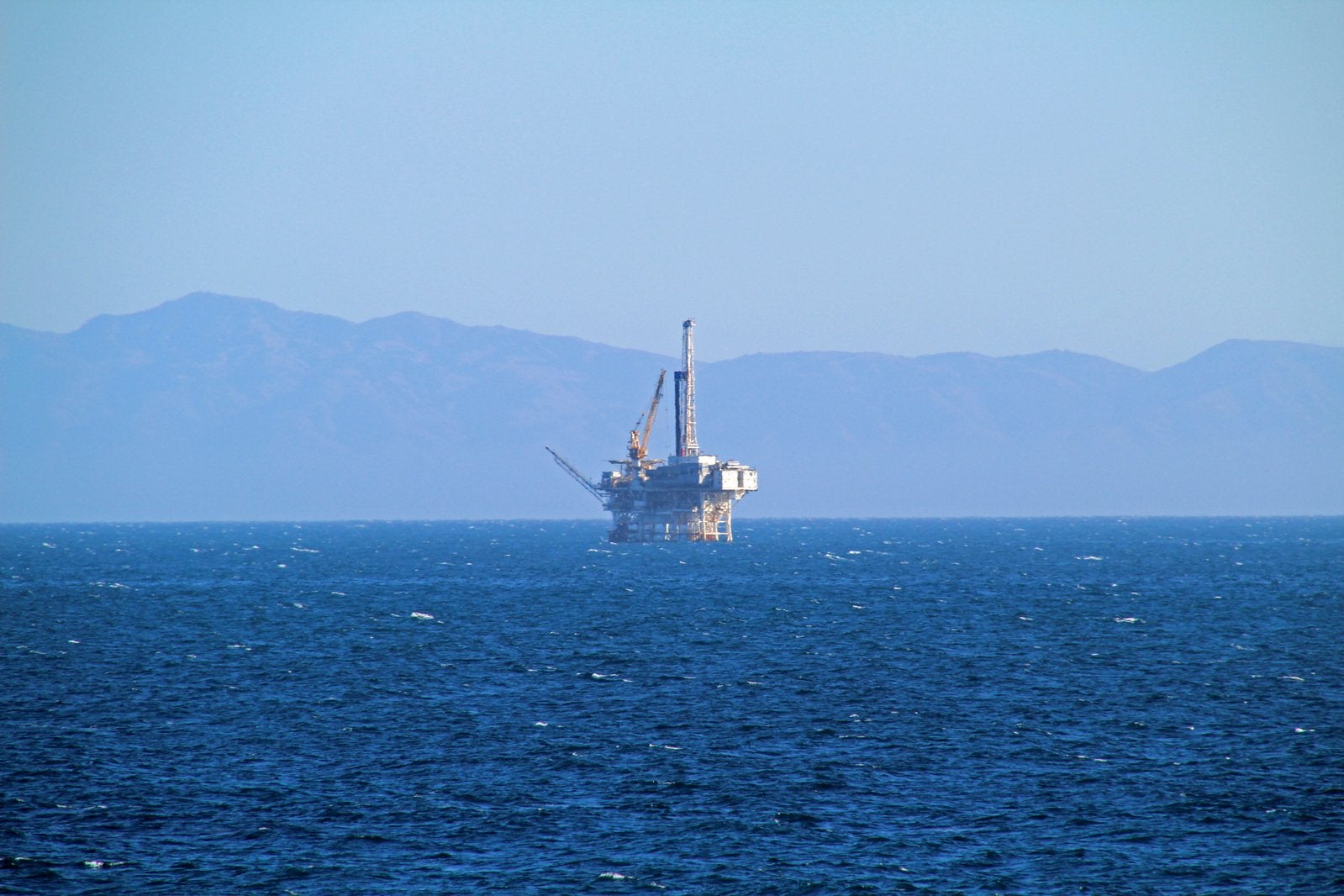
Shell is reportedly relooking into a recent decision to withdraw from the Cambo oil field development, offshore Scotland.
The change in the decision has been driven by the volatility in oil prices resulting from concerns that Russian oil will be either rejected or stopped, reported the BBC.
Last December, Shell said that it had pulled out from the Cambo oil field development due to the then weak economics of the project. During that time, crude oil was priced under $70 a barrel, which has now been consistently over $100 following Russia’s war on Ukraine.
Shell has a non-operating stake of 30% in the North Sea field, located 125km northwest of the Shetland Islands. Siccar Point owns the remaining stake of 70% in the Cambo field, which has been opposed by various climate activists.
The Cambo field is estimated to produce up to 170 million barrels of oil equivalent and 53.5 billion cubic feet of gas over 25 years. Siccar Point had previously stated that the project remains to be vital to the British economy and energy security.
According to the publication, the wish to cut down Europe’s dependence on Russian exports has also made the British government seeking to expedite investment in domestic fossil fuels.
Shell is yet to sell its stake in the Cambo oil field development.
BBC said that sources having knowledge about the matter said that although Shell’s official stance remains unchanged, the company did acknowledge the enormous change in the economic, political, and regulatory environment since its decision in late 2022.
Last week, Shell had resubmitted an application for developing the Jackdaw gas field in the North Sea, off the coast of eastern Scotland.
The company’s previous application was rejected in October 2021 by environmental regulators. Subsequently, the company is said to have altered the chemical processes to be used in the extraction of gas in order to address regulatory concerns.






